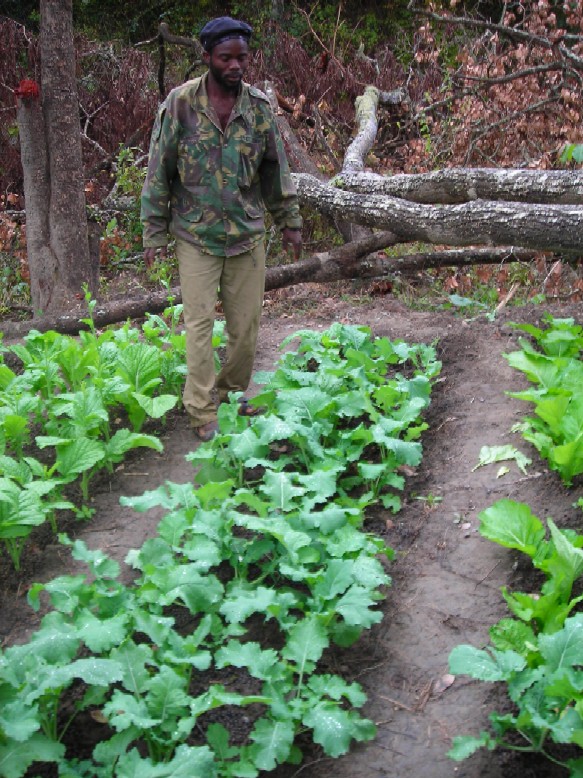- To reduce the high level of rural poverty in Southern African countries by making agriculture more competitive and raising poor farmers’ incomes by cost effectively increasing crop yields, reducing storage loss and protecting cattle through improved use of pesticidal plants. The commercial growing of pesticidal plants will also provide poor, small-scale farmers with additional income.
- To offset the high rate of natural resources degradation particularly with focus on plant biodiversity through better informed and sustainable production of pesticidal plants by improving approaches to harvesting from the wild and by investigating the cultivation of threatened species.
- To develop an effective rural policy option with institutions and farmer groups supporting an agricultural production system based on pest management using indigenous, plant-based technology. Policies will be developed to ensure validated marketing and promotion of safe and effective plant-based pesticides.



